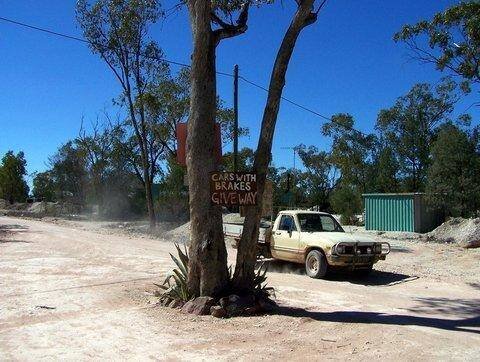Hi all, just picked my 2003 model 100 series from Toyota after they checked out why my ABS warning light comes on at times. Been told that the computer is telling them it could be a faulty hydro boost pump being damaged by somebody replacing the brake fluid with the wrong stuff.
If the fault comes back I need a new boost pump at a cost of close to $3000 plus labour and stuff
So I said how about we replace the brakefluid for starters so it cant do more damage. Come back was.... it is to late the damage is done. I said but you don't even know if there is damage or if it is caused be using the wrong fluid so can we please change the brake fluid to the correct one to prevent further damage.( It had green stuff in it which Toyota don't use)
It took some talking to get the car booked in for a complete brake fluid change. So that is next wednesday the 20th of August.I had a 40 series Landcruiser diesel for 22 years and still have a 94 model cab chassis diesel (HZ) and never had much drama with those cars. I just bought this one with 160.000 km on the clock and in real good condition.
I don't feel like paying $3500 for a brake thing and I never had ABS before so can I just turn the ABS of maybe by pulling a fuse or is there a way to fix this booster thing cheaper? Wrecker maybe?
Any feedback would be great Thanks
If the fault comes back I need a new boost pump at a cost of close to $3000 plus labour and stuff
So I said how about we replace the brakefluid for starters so it cant do more damage. Come back was.... it is to late the damage is done. I said but you don't even know if there is damage or if it is caused be using the wrong fluid so can we please change the brake fluid to the correct one to prevent further damage.( It had green stuff in it which Toyota don't use)
It took some talking to get the car booked in for a complete brake fluid change. So that is next wednesday the 20th of August.I had a 40 series Landcruiser diesel for 22 years and still have a 94 model cab chassis diesel (HZ) and never had much drama with those cars. I just bought this one with 160.000 km on the clock and in real good condition.
I don't feel like paying $3500 for a brake thing and I never had ABS before so can I just turn the ABS of maybe by pulling a fuse or is there a way to fix this booster thing cheaper? Wrecker maybe?
Any feedback would be great Thanks








